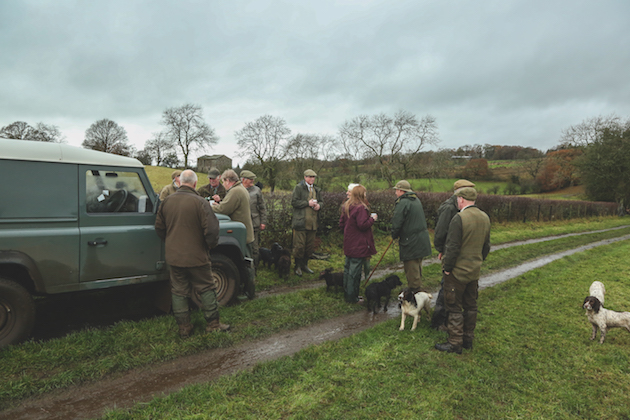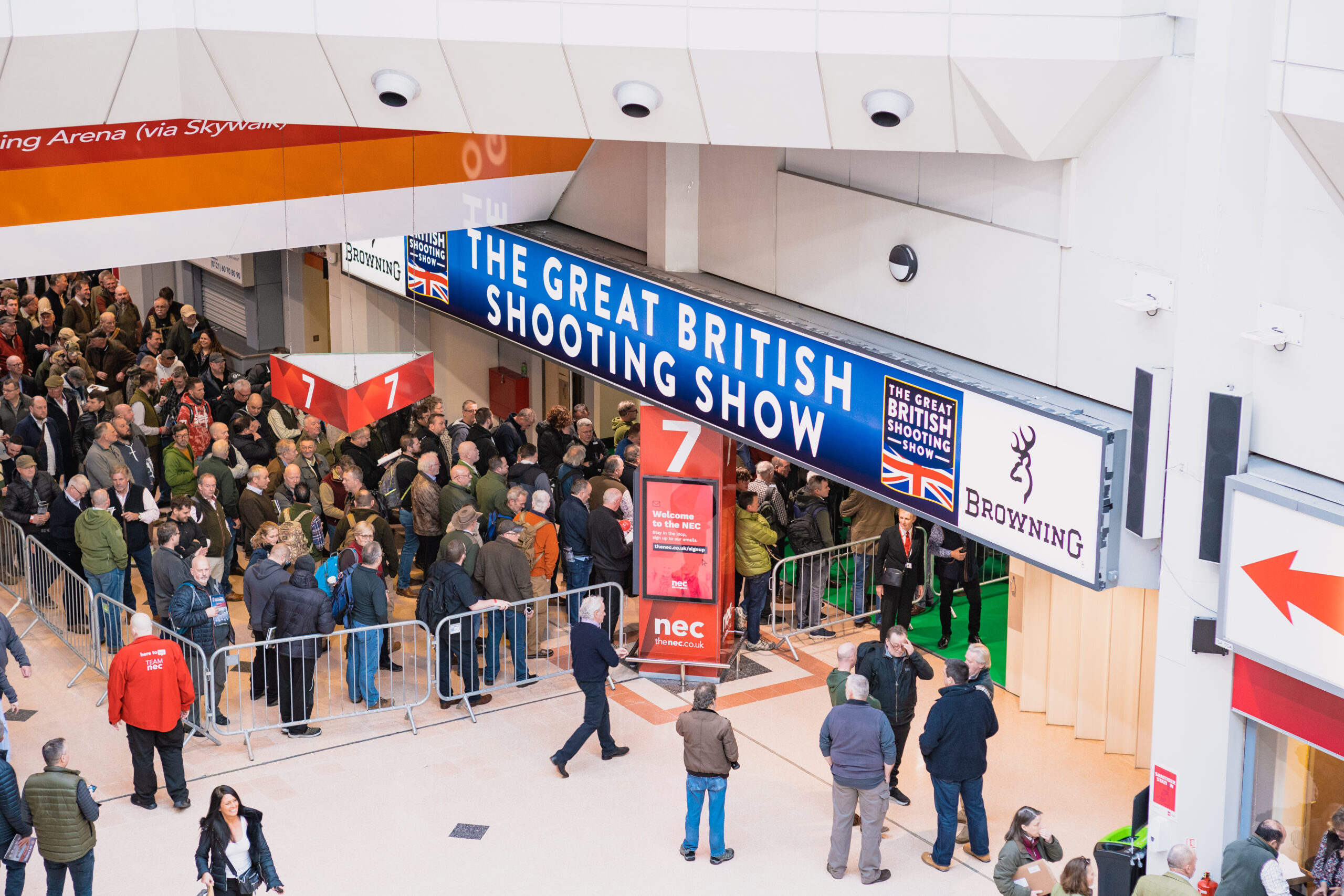Why do some countryside activities get approval when shooting doesn’t?
The countryside has to accommodate a medley of competing interests but some seem to be more equal than others in the eyes of the public, says Alasdair Mitchell

Being part of the countryside community is important for people's mental and physical health
The British countryside is a crowded place. All sorts of outdoor interests jostle for priority. But some countryside activities are more likely to bask in the warm glow of official approval than others. Recreational shooting is not one of them.
In Scotland, private property no longer really exists in rural areas, outside of buildings and gardens. But at least the Scottish Outdoor Access Code attempts to instil some balance. Walkers are not supposed to impinge on privacy nor disrupt farming, fieldsports or deer culling, for example. No such qualms hinder the access lobby in England and Wales, as I have discussed before.
Legal right
The Orwellian mindset of the access lobby is evident in a statement issued by the British Mountaineering Council, a body that benefits from public money, after a High Court declaration on 13 January. The press release was headed “Landowner extinguishes right to wild camp on Dartmoor”. In fact, the court clarified that no such legal right actually existed on the private land in question, which already provides free access for walking.
Mr Justice Flaux ruled that if there were a public right to camp, it would mean “the landowner would have suffered a loss of control or a usurpation of his rights over his own land”. He also said there was “no local custom of camping which has the force of law” and it was apparent that some wild campers “cause problems in relation to livestock and the environment”.
The case for a legal right to camp on private land was supported in court by the Dartmoor National Park Authority. In other words, it used public money in an attempt to erode private property rights on Dartmoor.
The use of rural private property without the owners’ consent for certain recreational purposes, such as rambling, birdwatching, rock climbing and mountain biking, is actively supported by public officials. Even angling gets approval; just look at how the Environment Agency stocks coarse fisheries. For comparison, can you imagine Natural England stocking gamebirds for shooting?
So why the difference? Politics and public perception, that’s why. Shooting is seen as an elitist, violent pursuit that involves those nasty, dangerous guns. Fishing, on the other hand, is regarded as a pleasant, peaceful activity favoured by large numbers of ordinary citizens.
Political arithmetic
In the wider context, relatively few people live in the countryside. Even fewer own land. But millions of people who live in built-up areas want to visit the countryside and use private land for recreation without payment or permission. The political arithmetic is simple. It influences the attitudes and policies of supposedly neutral civil servants.
The unfortunate truth is that shooting sports are only tolerated to the extent that they don’t get in the way of the whims and wishes of the general public.








